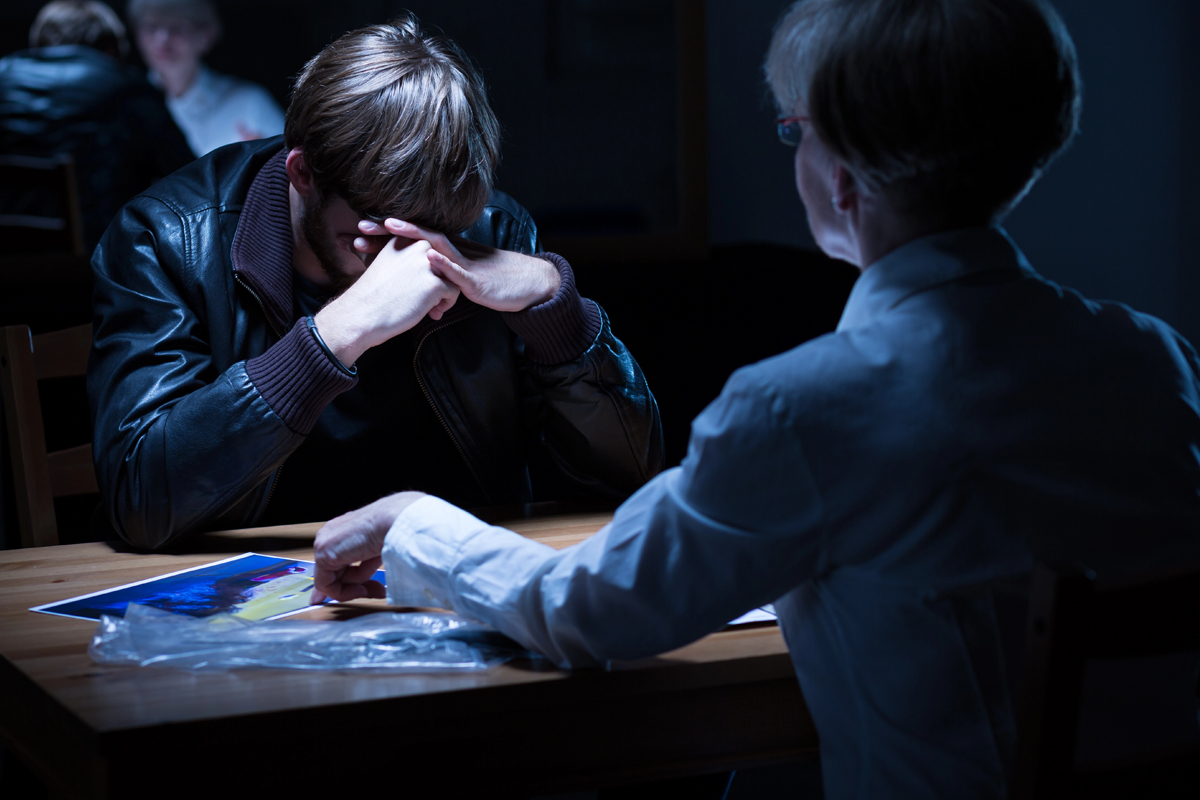If you being investigated by the police, you need a criminal defence lawyer in Calgary to look at your case as soon as possible.
The Criminal Code, the Canadian Charter of Rights and Freedoms, and different court decisions all determine how the police should investigate crimes in Canada. For a deeper understanding of how these investigations are handled, you might also want to check our Police Investigation Lawyer Calgary page.
These laws determine what police can and cannot do when investigating crimes, protecting citizens from unreasonable searches or questioning while allowing officers to effectively solve crimes.
If the police break these rules, like searching your home without a proper warrant or not letting you have a lawyer, the evidence they collected could be thrown out of court, or your charges could be dropped. To learn more about the judicial process in such cases, see our article on the Court Process in Calgary.
Strategic Criminal Defence is a top Google-rated criminal defence firm in Calgary, with over 500 5-star reviews. Our firm, and our experienced legal team, have defended clients in over 10,000 criminal cases. Leveraging our extensive network of lawyers and decades of experience, we help those being investigated by the police. You can also view some of our Successful Cases to see our track record.
The lawyers at Strategic Criminal Defence are both highly experienced and dedicated to defending your rights and future in the face of these charges. Contact a lawyer today by calling (403) 719-6410 or visit our Contact Us page.
Key Takeaways
- The Criminal Code and the Canadian Charter of Rights and Freedoms say that police have to follow strict rules when they investigate crimes. These rules protect your rights and let the police gather evidence at the same time.
- The police usually need a warrant to search your home or property, and if they arrest you or take you into custody, they have to tell you that you can talk to a lawyer.
- If the police did something wrong while looking into your case, our lawyers can file a Charter application saying that your rights were violated. Sometimes, this can lead to charges being dropped.
- According to Section 24(2) of the Charter, if the police break the law while looking for evidence, such as by doing an illegal search, that evidence may not be allowed in court.
- We can ask if the searches were legal, if the witness identifications were correct, or if you talked to the police of your own free will.
- It’s very important to get legal help right away if the police are investigating you. The things you say and do when you first talk to the police can have a big impact on how your case turns out.
How Our Lawyers Help With a Police Investigation
Our lawyers have assisted many people being investigated by the police and can help you when you need it the most.
- We can look into police actions that break the Charter, such as searches that aren’t legal and improper ways of questioning that could keep evidence from being used in court.
- We can arrange for the police to interview people in a controlled way, and we can step in if the questions become improper.
- We can hire expert witnesses, like former police officers who can explain how investigations should be done or forensic experts who can question how evidence is gathered when needed.
- During any future trial, we can question police witnesses to see if there are any mistakes or inconsistencies that could hurt the Crown’s case against you. For insights into what happens during a trial, you might also explore our Criminal Trial Process Calgary page.
Defences Against Improper Police Investigations
The police have to follow strict rules when they gather evidence against you. If they don’t, you might have strong defences that could keep evidence out of court or get your charges dropped altogether.
Here are some strong defences that could help your case:
- Everyone in Canada is protected from unreasonable search and seizure by Section 8 of the Canadian Charter of Rights and Freedoms. This means that the police need to have the right legal authority to search you, your home, or your things. If they did not have this legal right, evidence collected could be excluded in court.
- You have the right not to be held without reason and to be told right away why you were arrested or detained, according to Sections 9 and 10 of the Charter. You also have the right to talk to a lawyer right away. Again, if this was not handled correctly by police, you could have a reason to exclude evidence.
- If the police don’t just give you a chance to commit a crime but also force or pressure you to do something illegal that you wouldn’t have done otherwise, that’s called entrapment. This could be an important defence, depending on your circumstances.
How Police Investigations Work in Canada
When police respond to property crimes like theft or breaking and entering, they first make sure the area is safe and document what happened. They take pictures of the damaged areas and gather physical proof, such as DNA samples, fingerprints, and footprints. Police talk to victims and witnesses and ask them a lot of questions about what was stolen, when it happened, and if there were any people nearby who looked suspicious. They could look at the security cameras in the area to see if any other crimes like this have happened nearby.
For violent crimes like robbery or assault, police try to get as much information as they can from victims and witnesses right away. If there were injuries, they take pictures of the scene and get medical proof. Officers look for biological evidence like blood, weapons, or broken things.
The police must follow an accused’s Charter rights at all times during this process. This means they need to have good reasons for questioning, searching, and detaining people. If they don’t, the evidence they gather might not be able to be used in later in court. To argue this, our lawyers file what is known as Charter applications for these issues to be brought up to the court.
If you believe you may need assistance even before being formally charged, consider reviewing our guidance on Pre-Charge Legal Advice Calgary for early support.








